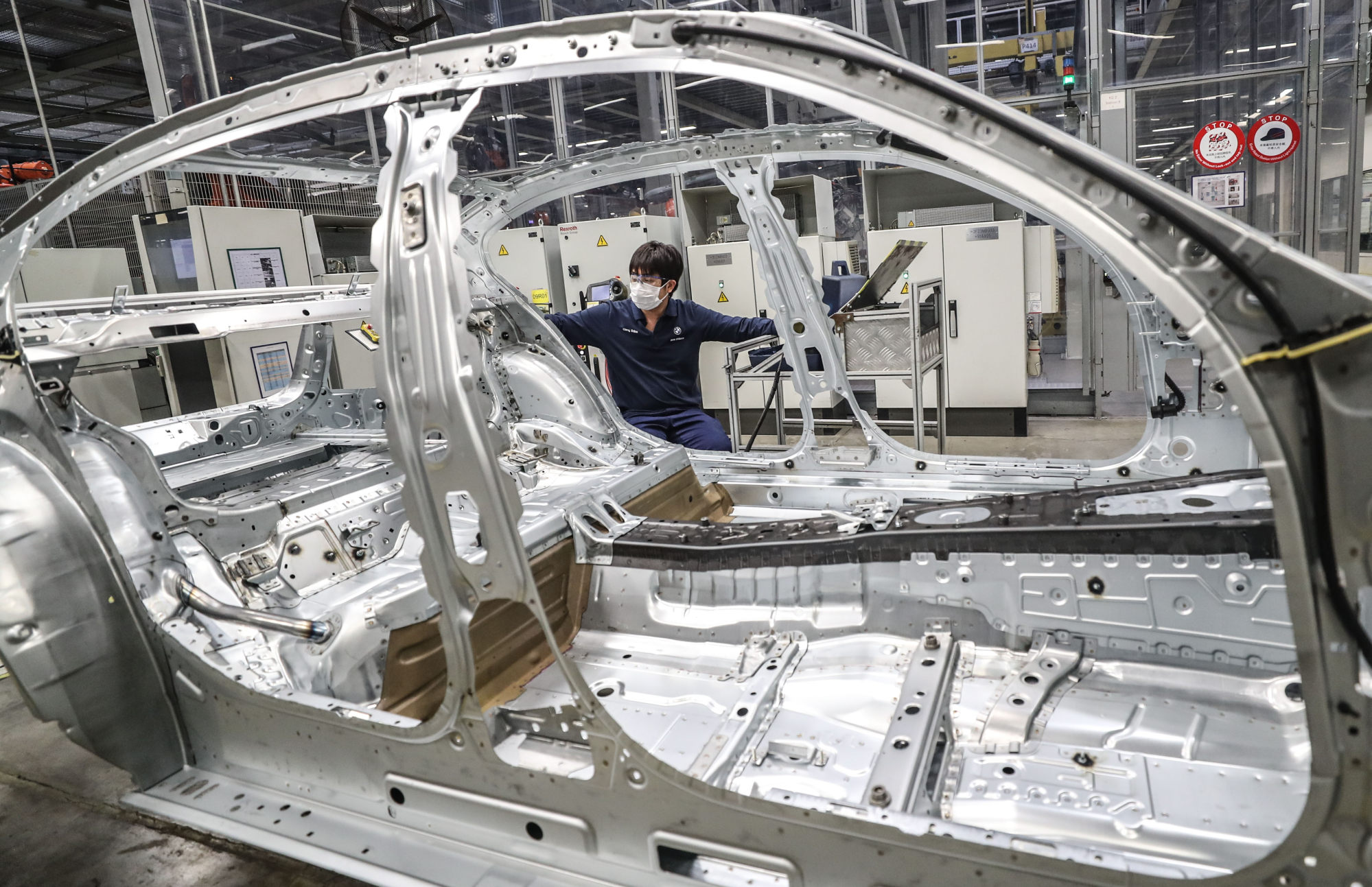
Not all foreign companies in China want to leave, some are doubling down on investments
- China remains globally important not only as a base for manufacturing, but increasingly for its strengths in research and innovation
- Foreign firms know this, and despite their frustration at China’s zero-Covid policy, many are not seriously considering leaving the country
In the same period, US companies reported lower production due to an inadequate workforce and input supply constraints.
However, recent inward foreign direct investment data tells a different story. Between January and August, actual inflow of FDI in China rose 16.4 per cent year on year to US$138.41 billion, while exports were up 7.1 per cent at US$314.92 billion.
Elsewhere, German chemicals giant BASF has commenced production in Guangdong, and a further investment of about 10 billion euros (US$9.5 billion) in heavy chemicals is expected by 2030.
Materials developer Covestro plans to build two plants for producing polyurethane dispersions (PUDs) and elastomers. Intuitive Surgical of the US is to build a 700 million yuan (US$97 million) manufacturing and innovation base in Shanghai for robotics that assist surgery.

Nevertheless, it is obvious that investments are increasingly coming from a few large companies. According to the research firm Rhodium Group, the top 10 EU investors in China accounted for nearly 80 per cent of all FDI from the EU in the last four years, with Volkswagen, BMW, Daimler and BASF accounting for a third.
Many large foreign companies now consider China an important source of knowledge, inspiration and innovativeness. A combination of policies, technology and changes in demand patterns have (re)defined many industry segments. Sectors such as new energy vehicles, renewables, sustainability, intelligent manufacturing, advanced medical equipment and fintech are growing rapidly and China’s global presence in these sectors has become palpable.
Most foreign companies are considering risk mitigation measures for functional supply chains rather than outright exit – unless they are forced to, for example, in the semiconductor sector. A working supply chain often depends upon clusters of suppliers which take a long time and a lot of skill to build.
So, how foreign companies view their investments in China depends a great deal on their circumstances and the sector they belong to. For many, a presence in China is indispensable and will be even more so going forward. While we cannot ignore the possibility of future black swan events that could dramatically affect China and the world, I believe that for most companies, it is ultimately business logic that counts.
So, will foreign companies stop investing in China? Will they move their existing investments out of China? I don’t think so.
Edward Tse is the founder and CEO of Gao Feng Advisory Company, a strategy and management consulting and an investment advisory firm


